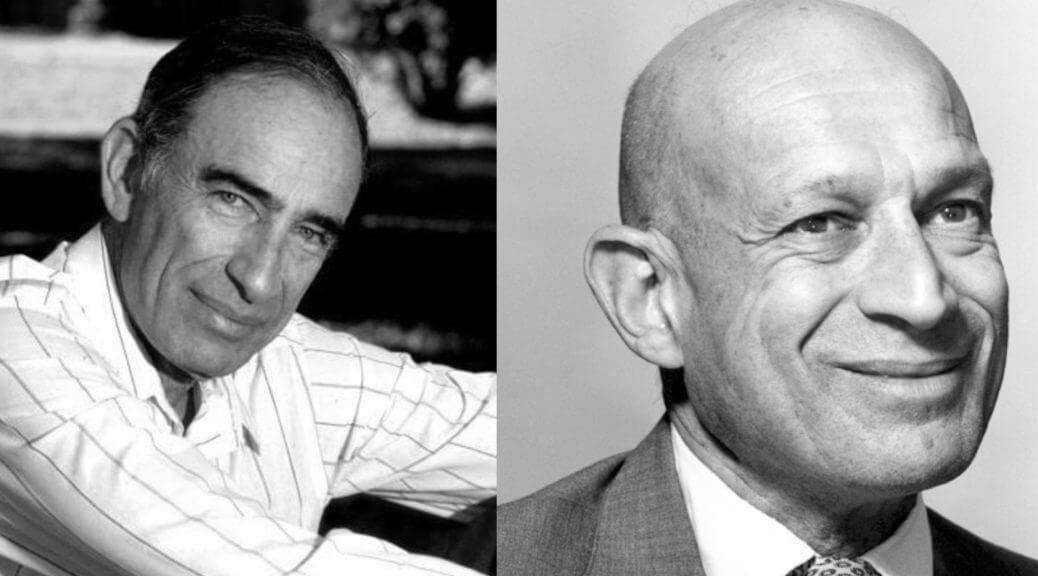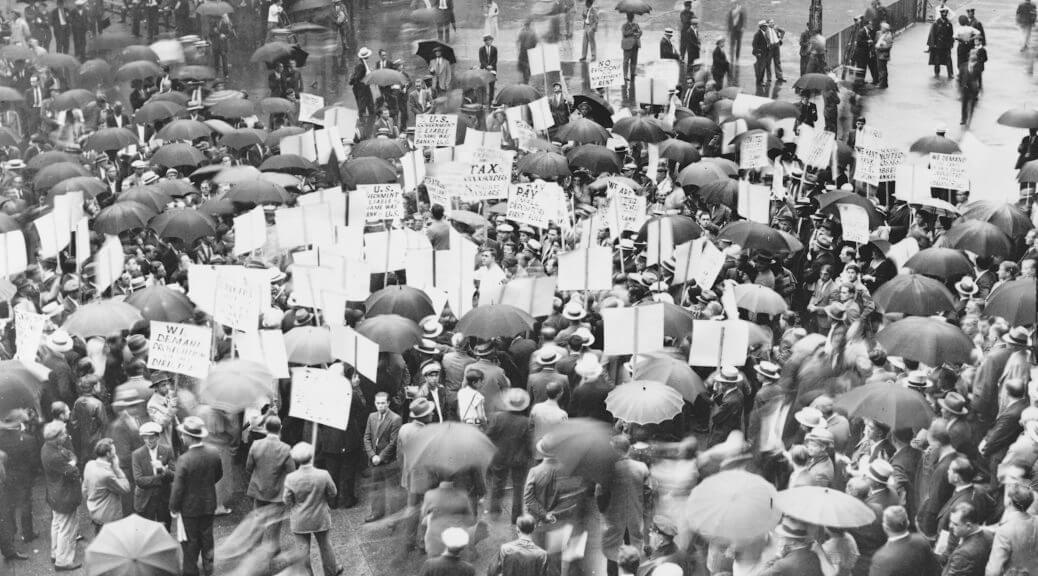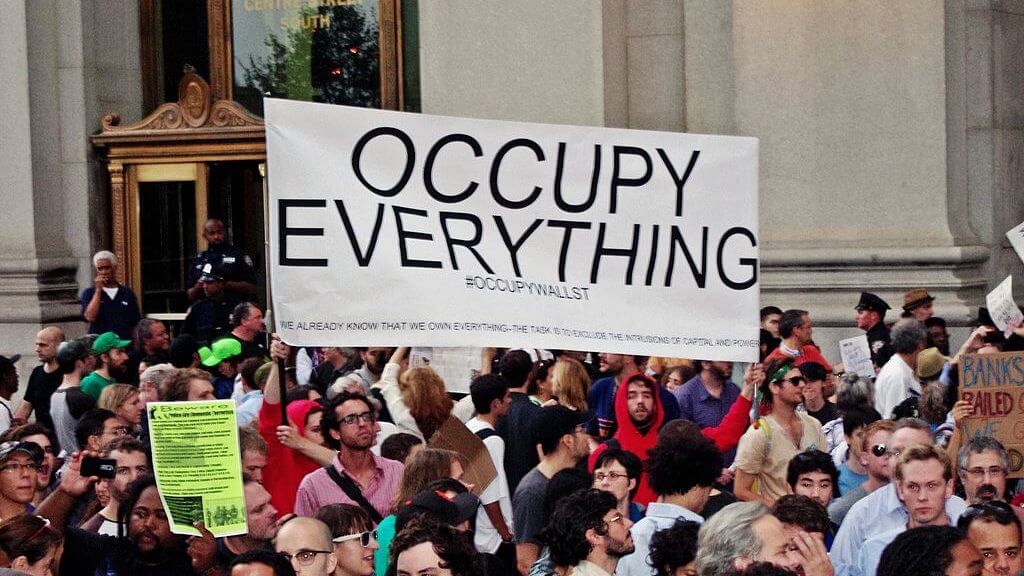What follows is an edited transcript of my conversation with Samuel Gross.
Petersen: You’re listening to Economics Detective Radio. My guest today is Samuel Gross of the University of Michigan Law School. Sam, welcome to Economics Detective Radio.
Gross: Great to be here.
Petersen: So our topic for today is criminal justice, in particular, we’re going to be looking at the issue of wrongful conviction. Dr. Gross was part of the establishment of the National Registry of Exonerations which has provided valuable data in this area. So let’s start by talking about the registry. What is it? How was it developed? And what was your part in it?
Gross: I’m the founder of the registry. It was created because after doing work on false convictions and exonerations for half a dozen years it became clear that the only way to get any sort of systematic information on exonerations that have occurred in the United States would be to put together the wherewithal to collect that information directly because nobody else was doing it. There’s no official system for gathering information on exonerations or for that matter a single legal definition of what is an exoneration. And from there this project just took off on its own and became what’s now a lasting institution that’s in the process of handing over to other people to run. Continue reading Wrongful Convictions, Exoneration, and Criminal Justice with Samuel Gross
Subscribe to Economics Detective Radio on iTunes, Android, or Stitcher.











